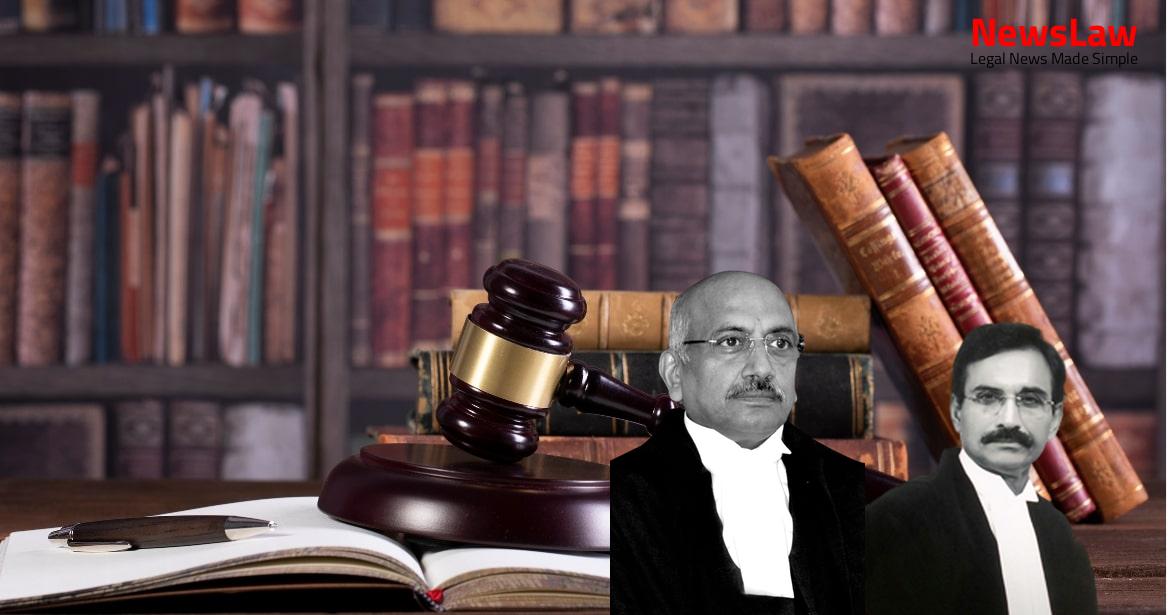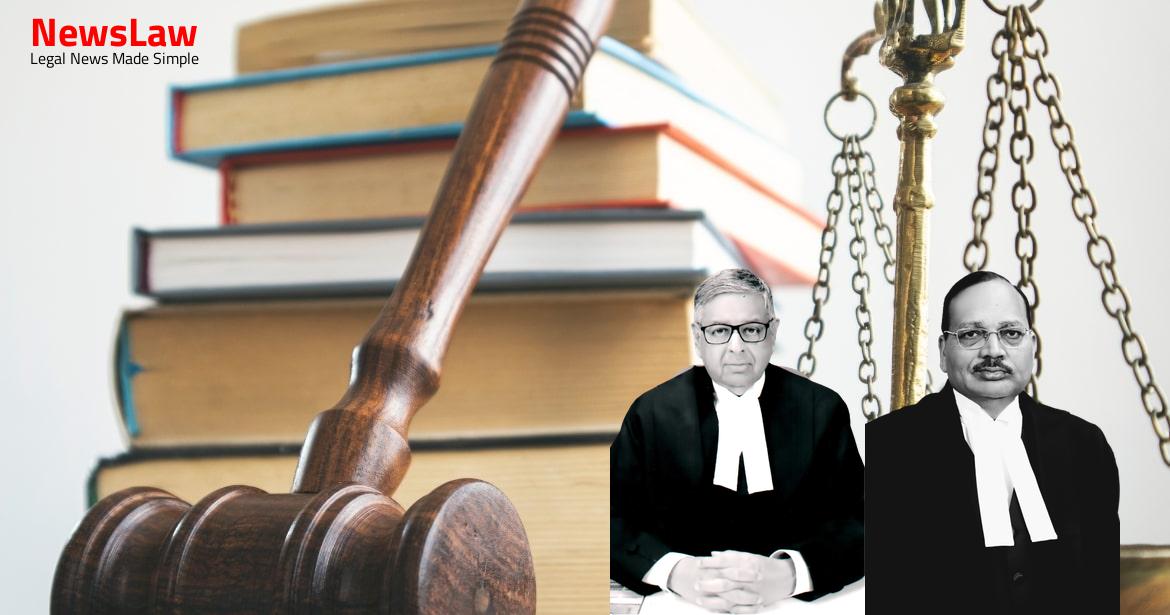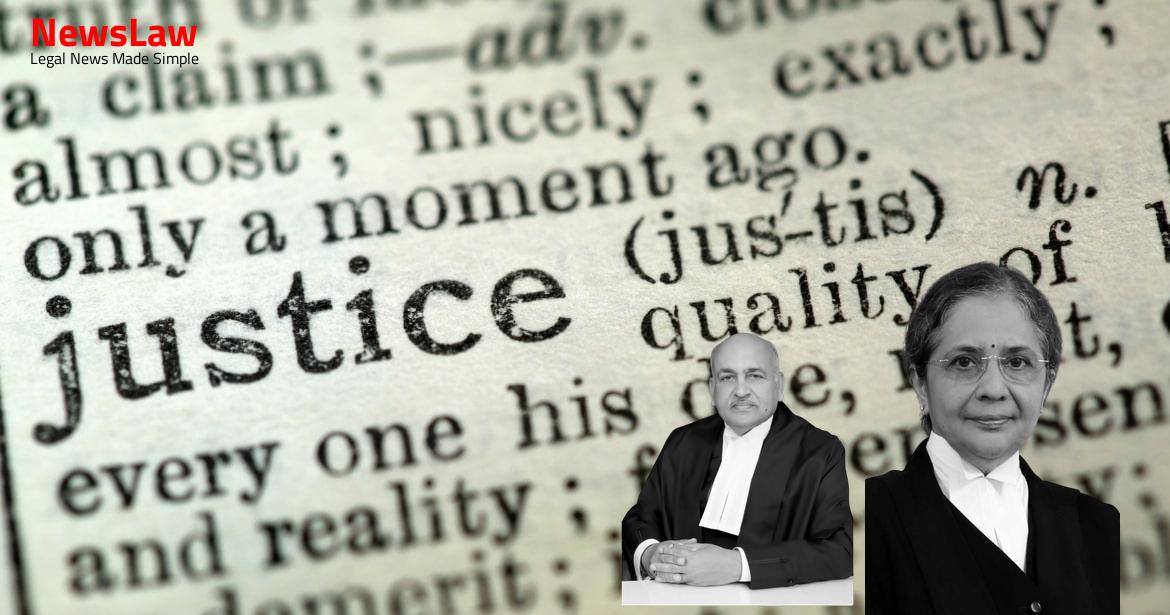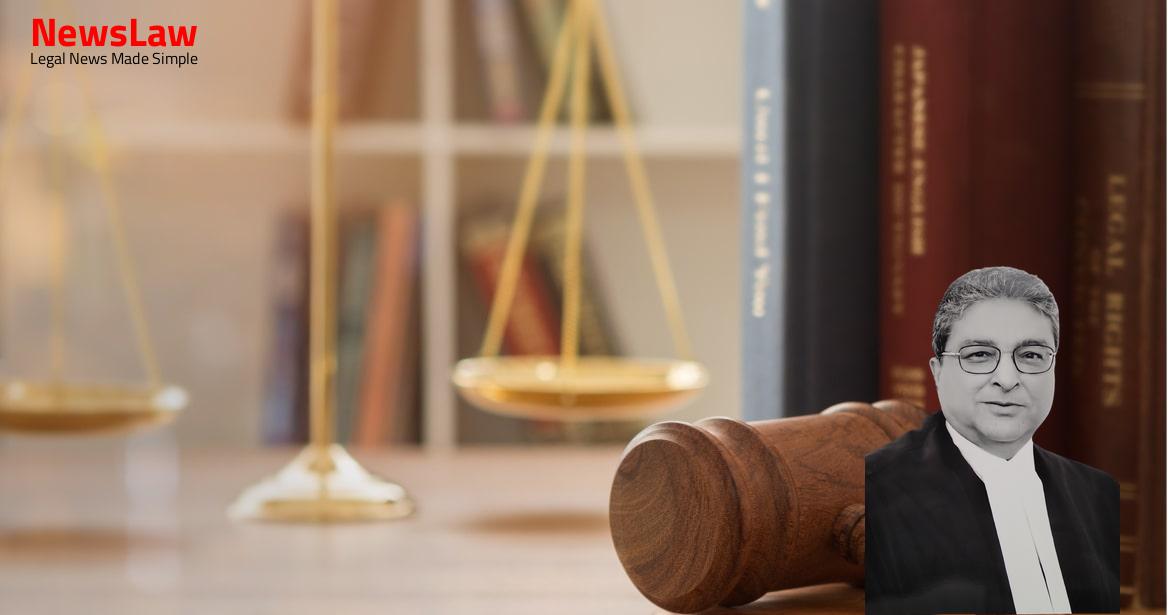A detailed legal analysis by the Supreme Court of India on the order passed by the High Court of Uttarakhand in a significant case. The judgement calls into question the reliability of evidence presented and emphasizes the importance of thorough investigation. This blog delves into the complexities of the case and the implications of the Court’s decision.
Facts
- Challenge to order passed by High Court of Uttarakhand at Nainital on April 3, 2019
- Revision against order of summoning appellant under Section 319 of the Code of Criminal Procedure, 1973 was unsuccessful
- FIR lodged by Harpreet Singh, father of 6-year-old prosecutrix on April 19, 2017
- Statement of victim recorded by Investigating Officer under Section 161 of the Code on April 19, 2017
- Relevant extracts from victim’s statement mentioned
- Another statement of prosecutrix recorded under Section 161 of the Code on April 22, 2017
Also Read: Lt. Col. Om Dutt Sharma vs. Ministry of Defence: OROP Entitlement for Army Postal Service Personnel
Arguments
- The appellant argued that the prosecutrix has improved her statement multiple times.
- It was highlighted that the prosecutrix’s inconsistent statements raised concerns about the reliability of her testimony.
Also Read: Inheritance Dispute: Validity of Alleged Marriage between Sujathamma and Hanumanthappa
Analysis
- The statement of the child implicating a person wearing spectacles as an accused lacks credibility beyond prima facie evidence.
- Multiple statements by witnesses and the prosecutrix herself present inconsistent accounts of the number of assailants and their actions.
- The appellant, identified as the person with spectacles, was summoned based on the victim’s identification from a photograph on the school’s website.
- The prosecution’s investigation did not find sufficient evidence to charge the appellant.
- The father’s anger towards the school management, including the appellant, does not justify summoning him to stand trial for the alleged offenses.
- Inconsistent statements regarding the number of assailants in different stages of the case raise doubts about the reliability of the accusations.
- The initial allegations in the statements were against one person, later changing to two assailants with different actions.
- Court has to consider the substance of the evidence before it
- Test to be applied is more than prima facie case but short of satisfaction leading to conviction
- Order summoning the appellant for offences under Section 376(2) IPC and POCSO Act not sustainable
- Prosecutrix is a small child
- Parents took photographs to introduce a person with spectacles as an accused
- Initial version of assault by one person changes to anger against School Management
- No prima facie case of active part on the part of the appellant
- Involvement of other persons based on statements of an impressionable child does not inspire confidence
- Family’s suggestive role influences the child to indirectly implicate the appellant
- The evidence led by the prosecution has been examined to determine if there is a prima facie case against the appellant.
- It is noted that the heinous crime committed should not be attributed to a person solely based on their position in the School Management.
- The prosecution’s case against the appellant needs to establish a strong connection between the appellant and the crime committed.
Also Read: Seniority Determination in Uttarakhand Pey Jal Nigam: Regulation 23 vs Government Order
Decision
- The Trial Court’s order to summon the appellant under Section 319 of the Code is set aside and the application is dismissed.
- It is evident that there is no prima facie case against the appellant that warrants his trial for the pending offences.
- As a result, the appeal is allowed by the Court.
Case Title: MANI PUSHPAK JOSHI Vs. THE STATE OF UTTARAKHAND
Case Number: Crl.A. No.-001517-001517 / 2019



